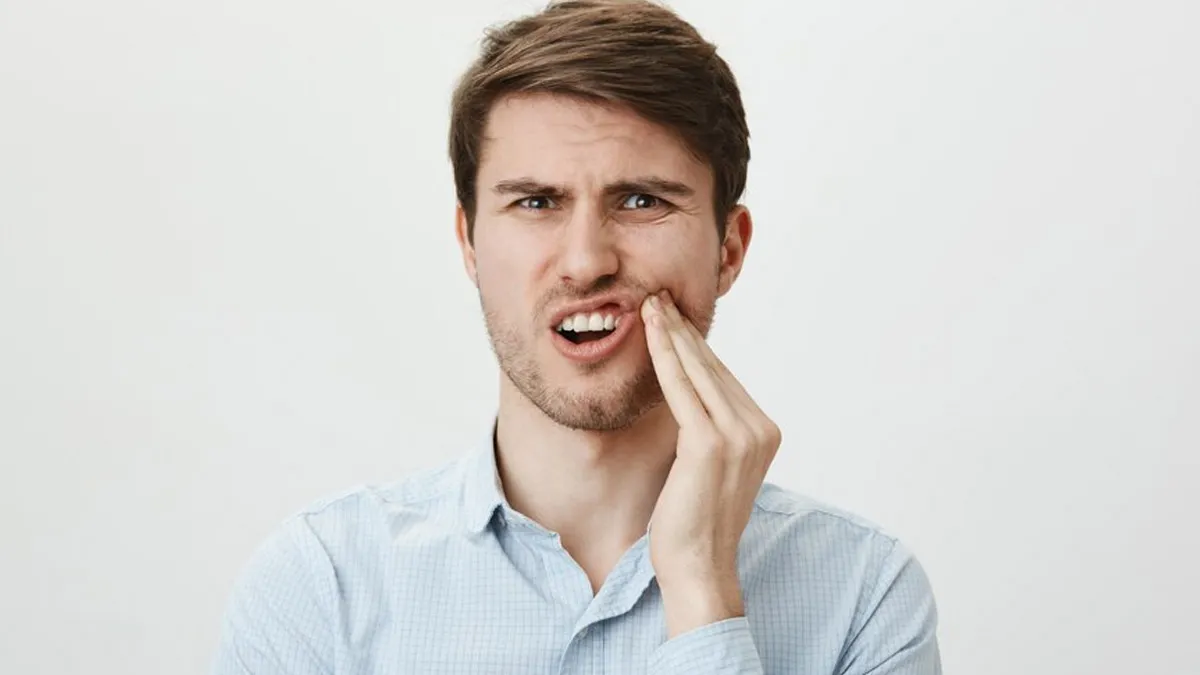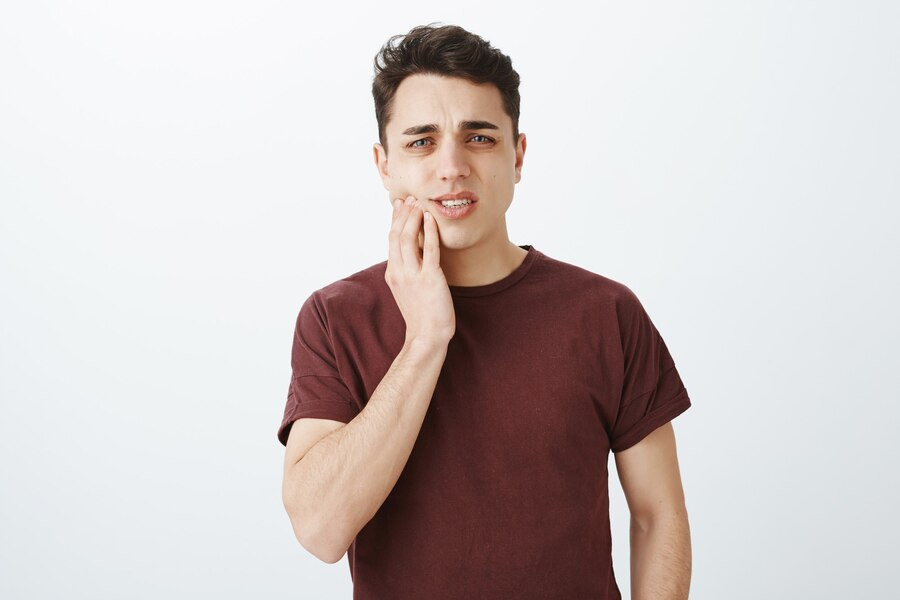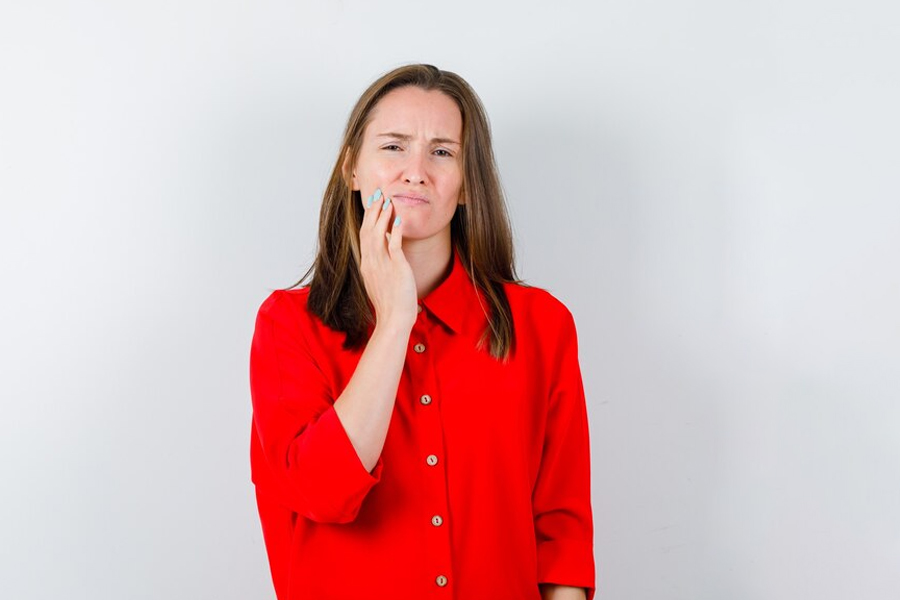
Losing a tooth as a child is often an exciting but slightly nerve-wracking episode that rarely causes concern, especially when it happens naturally. However, losing teeth as an adult is a different story. In fact, it can be alarming and may signal underlying health issues.
Table of Content:-
According to the World Health Organization (WHO), complete tooth loss, or edentulism, has an estimated global average prevalence of almost 7% among people aged 20 years or older. For people aged 60 years or older, the prevalence is even higher, with an estimation of 23%. Many factors can contribute to this condition and tooth loss in general. Listed below are some of the most common causes:
Also Read: Five Tips To Up Your Dental Care Keeping Cavities Away
Periodontal Disease

Periodontal, or gum, disease is an infection of the tissues that support your teeth. It is characterised by bleeding or swollen gums (gingivitis), pain, and sometimes bad breath. In severe cases, periodontal disease can damage the gums and the bone supporting your teeth, causing your teeth to go loose and even fall off.
According to the WHO, severe periodontal diseases are said to affect around 19% of the global adult population, representing more than 100 crore cases worldwide.
Cavities
Tooth decay is another common oral problem, caused by bacteria in the mouth that produce acid from sugars and starches in food and drinks. Untreated or unmanaged decay can lead to a small hole in a tooth, called a cavity. A cavity can be a leading cause of tooth loss in people of all ages. If it isn't addressed on time, it can cause severe infection inside the tooth and under the gums, called a tooth abscess, and can even result in tooth loss.
Dental Trauma And Injuries

A dental trauma can occur due to various reasons, including a fall, being hit in the face, biting down on something hard, or from a vehicle or sports accident. Some of the common consequences include chipped or cracked teeth, a dislodged tooth, a knocked-out tooth, a jammed tooth, cuts, or a broken jaw.
The WHO estimates that 100 crore people are affected by dental trauma, with 20% of children under 12 years old affected.
Prolonged Stress
In a previous interaction with the OnlyMyHealth team, Dr Nikhil Nayar, Psychiatrist, Sharda Hospital, Greater Noida, shared that prolonged stress can affect oral health and is a common cause of oral health problems like gum disease, tooth decay, and tooth loss. While stress directly does not cause tooth loss, it may weaken the immune system, making it harder for your body to fight off infections in your gums and teeth. This increases the risk of gum disease, which, if left untreated, can lead to tooth and bone loss. Stress-related habits like neglecting oral hygiene or grinding teeth (bruxism) can also worsen the damage, further linking stress to dental problems.
Smoking

According to the US Centers for Disease Control and Prevention (CDC), smoking affects the body's immune defence, making it more vulnerable to infections and illnesses. This includes gum or periodontal diseases, known to cause tooth damage and loss. Once you have gum infections, smoking makes it even more difficult for your gums to heal.
A 2000 published study in the Journal of Periodontology found that cigarette smokers had the worst periodontal health, with 25.7% experiencing moderate to severe gum disease, compared to 20.2% of former smokers and 13.1% of non-smokers. Researchers highlighted that smokers, on average, had more missing teeth: 5.1 for current cigarette smokers, 3.9 for former smokers, and 2.8 for non-smokers.
Smoking cessation was linked to improved oral health, emphasising the need for quitting smoking to prevent gum disease and tooth loss.
Also Read: Expert Shares 8 Tips for Everyday Dental Health
How To Maintain Good Oral Hygiene

Here are some of the most common ways to improve and maintain your oral health and hygiene:
- Brush at least twice a day, after eating meals.
- Include flossing in your dental routine.
- Practise tongue scraping.
- Find mouthwash with ingredients suitable for your dental needs.
- Regularly schedule dental visits and checkups every six months.
- Limit the consumption of sugary and acidic foods and drinks.
- Chew on sugar-free gum that contains xylitol.
- Drink adequate amounts of water.
- Consume a well-balanced diet.
Conclusion
Tooth loss is common, especially among older adults. However, if it occurs in your adulthood, there could be certain underlying issues or lifestyle problems that may be causing it. The most common causes are periodontal diseases and tooth decay, both of which are common oral health conditions. In addition, stress and smoking can also affect gum health, increasing your risk of tooth loss. For those who dread tooth loss or are concerned about their dental health, consulting a dentist or dental health expert may be highly useful.
Also watch this video
How we keep this article up to date:
We work with experts and keep a close eye on the latest in health and wellness. Whenever there is a new research or helpful information, we update our articles with accurate and useful advice.
Current Version
